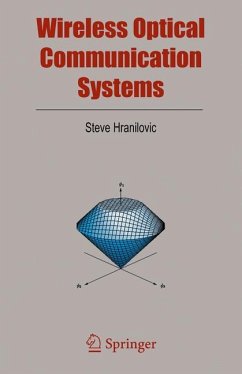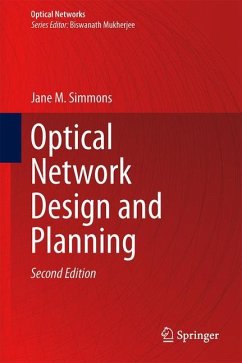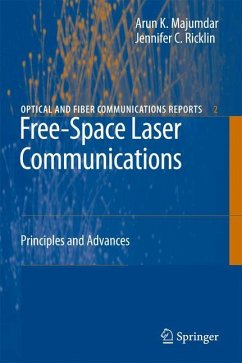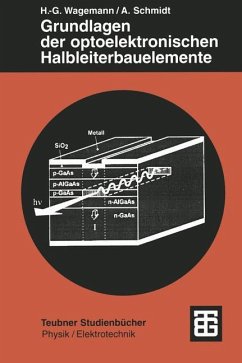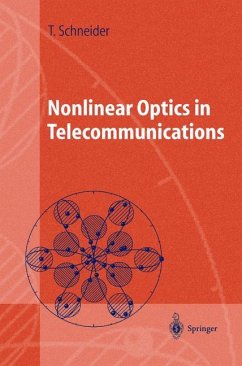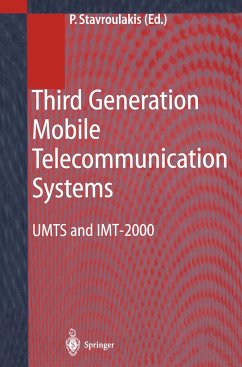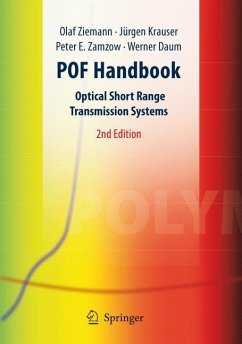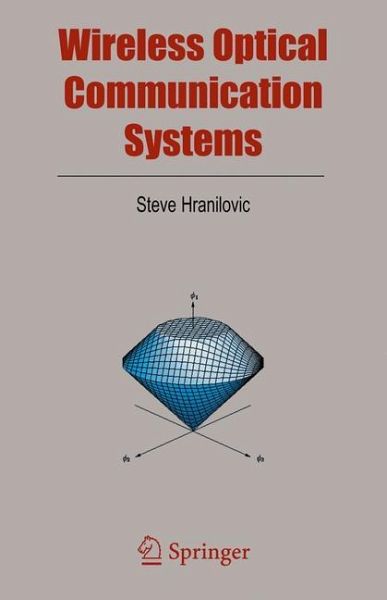
Wireless Optical Communication Systems
Versandkostenfrei!
Versandfertig in 6-10 Tagen
76,99 €
inkl. MwSt.
Weitere Ausgaben:

PAYBACK Punkte
38 °P sammeln!
The use of optical free-space emissions to provide indoor wireless com- nications has been studied extensively since the pioneering work of Gfeller and Bapst in 1979 [1]. These studies have been invariably interdisciplinary - volving such far flung areas such as optics design' indoor propagation studies' electronics design' communications systems design amongothers. The focus of this text is on the design of communications systems for indoor wireless optical channels. Signalling techniques developed for wired fibre optic n- works are seldom efficient since they do not consider the bandwidth re...
The use of optical free-space emissions to provide indoor wireless com- nications has been studied extensively since the pioneering work of Gfeller and Bapst in 1979 [1]. These studies have been invariably interdisciplinary - volving such far flung areas such as optics design' indoor propagation studies' electronics design' communications systems design amongothers. The focus of this text is on the design of communications systems for indoor wireless optical channels. Signalling techniques developed for wired fibre optic n- works are seldom efficient since they do not consider the bandwidth restricted nature of the wireless optical channel. Additionally' the elegant design meth- ologies developed for electrical channels are not directly applicable due to the amplitude constraints of the optical intensity channel. This text is devoted to presenting optical intensity signalling techniques which are spectrally efficient' i. e. ' techniques which exploit careful pulse design or spatial degrees of freedom to improve data rates on wireless optical channels. The material presented here is complementary to both the comprehensive work of Barry [2] and to the later book by Otte et al. [3] which focused prim- ily on the design of the optical and electronic sub-systems for indoor wireless optical links. The signalling studies performed in these works focused p- marily on the analysis of popular signalling techniques for optical intensity channels and on the use of conventional electrical modulation techniques with some minor modifications (e. g. ' the addition of a bias).





